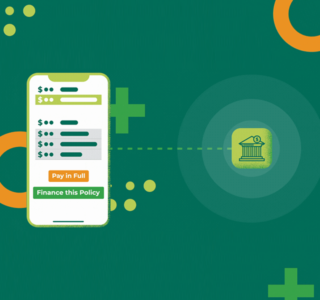Overview
A cyber attack on the U.S. power grid in the Northeast would have far-reaching implications including the loss of lives, economic losses of as much as a trillion dollars, the disruption of water supplies and transportation, and potentially more than $70 billion in insurance clams, in addition to millions of citizens left without power.
In a new report, Business Blackout, Lloyd’s of London and the University of Cambridge’s Centre for Risk Studies examine the economic and insurance implications of a major cyber attack, using the U.S. power grid as an example.
The report depicts a scenario where hackers destabilize parts of the U.S. power grid, plunging 15 U.S. states and Washington D.C. into darkness and leaving 93 million people without power.
Experts predict this scenario would result in a rise in mortality rates as health and safety systems fail; a decline in trade as ports shut down; disruption to water supplies as electric pumps fail and chaos to transport networks as infrastructure collapses.
The total impact to the U.S. economy is estimated at $243 billion, but economic losses could top $1 trillion in the most extreme version of the scenario.
Economic impacts include direct damage to assets and infrastructure, decline in sales revenue to electricity supply companies, loss of sales revenue to business and disruption to the supply chain, according to the report.
Insurance Losses
The cyber attack scenario shows the broad range of insurance claims that could be triggered by disruption to the U.S. power grid, with total amount of claims paid by the insurance industry estimated at $21.4 billion, a figure that the report says could rise to $71.1 billion in the most extreme version of the scenario.




 MVPs 2025: Top Account Managers and CSRs
MVPs 2025: Top Account Managers and CSRs How to Write More Personal Umbrellas with Ease
How to Write More Personal Umbrellas with Ease Essential Security Strategies for Multifamily Housing
Essential Security Strategies for Multifamily Housing 11 Essential Ways to Help Your Commercial Clients Mitigate Cyber Risk
11 Essential Ways to Help Your Commercial Clients Mitigate Cyber Risk